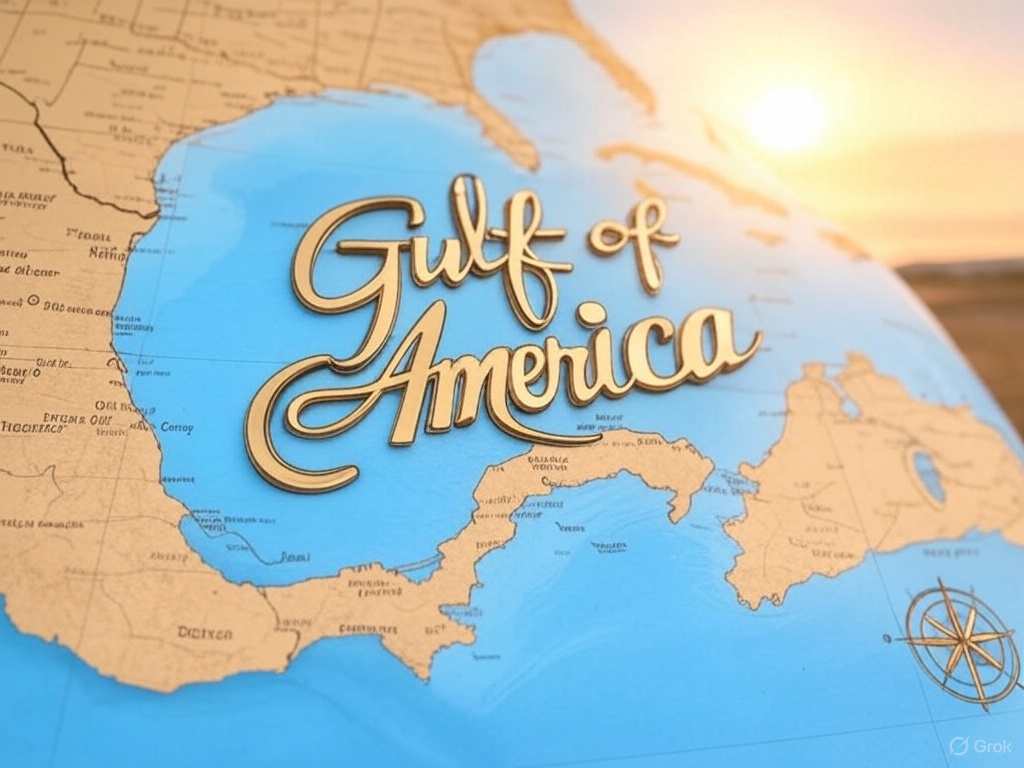Lawmakers in Tallahassee are considering legislation that would provide much-needed regulatory clarity for local convenience stores and retailers.
If passed, House Bill 785 – sponsored by Rep. Chase Tramont – would designate heated tobacco products (HTPs) as a distinct category from traditional cigarettes. This legislation is needed and would proactively address this important issue.
Too often, policymakers are reacting once the marketplace is overrun by unlawful, unregulated products.
Lawmakers spent much of the 2024 Legislative Session focused on trying to clean up the vapor category which has become swamped with illegal Chinese vapes. The state should not drag its feet and proactively provide clarity in the heat-not-burn category.
Heat-not-burn products have become increasingly popular around the globe in recent years, and as HTPs make their way to the U.S. market, they are likely to be an in-demand product for consumers in Florida. That’s why convenience stores and other retailers need more clarity as HTPs and a range of new, innovative, smoke-free tobacco products enter the marketplace.
Under existing Florida statute, HTPs are not categorized as cigarettes or “Other Tobacco Products” (OTPs), which makes sense considering they are neither.
HB 785 would clarify the definition of this emergent product category and explicitly reaffirm what is already implicit in this statute: that HTPs do not fit the definition of cigarettes and should, therefore, not be taxed at the same rate as cigarettes.
Not only would passing this legislation help provide much-needed regulatory certainty for retailers, consumers, and manufacturers, but it would also help increase the financial incentives for adult consumers to choose less harmful, smoke-free products, such as HTPs at convenience stores or wherever they get their tobacco and nicotine products.
Like vapor and other nicotine products, HTPs must undergo a comprehensive review by the U.S. Food and Drug Administration (FDA) before being authorized for retailers to sell.
Backed by extensive research, the FDA and scientists consider some of these products less harmful than traditional cigarettes. By heating a much smaller amount of tobacco to just below the point of combustion, HTPs do not deliver the mix of chemicals in cigarette smoke that leads to health risks, such as lung cancer and thus are desirable alternatives to some existing smokers that are struggling to kick their habit.
Taxing HTPs and other innovative, smoke-free tobacco products at a lower rate would provide people with the extra boost they need to make less harmful decisions at the checkout line.
As the voice of Florida’s petroleum marketing and convenience store industries, the Florida Petroleum Marketers Association is asking lawmakers in the Florida Legislature to help advance and pass HB 785 as swiftly as possible.
Doing so would help support a more stable marketplace that promotes innovation and consumer choice, as well as healthier communities throughout the Sunshine State.
___
Ned Bowman is CEO of the Florida Petroleum Marketers Association.
Post Views: 0

 Entertainment8 years ago
Entertainment8 years ago
 Politics8 years ago
Politics8 years ago
 Entertainment8 years ago
Entertainment8 years ago
 Entertainment8 years ago
Entertainment8 years ago
 Tech8 years ago
Tech8 years ago
 Tech8 years ago
Tech8 years ago
 Tech8 years ago
Tech8 years ago
 Politics8 years ago
Politics8 years ago










